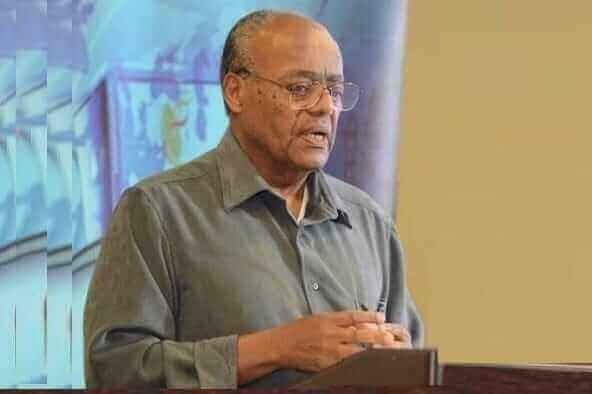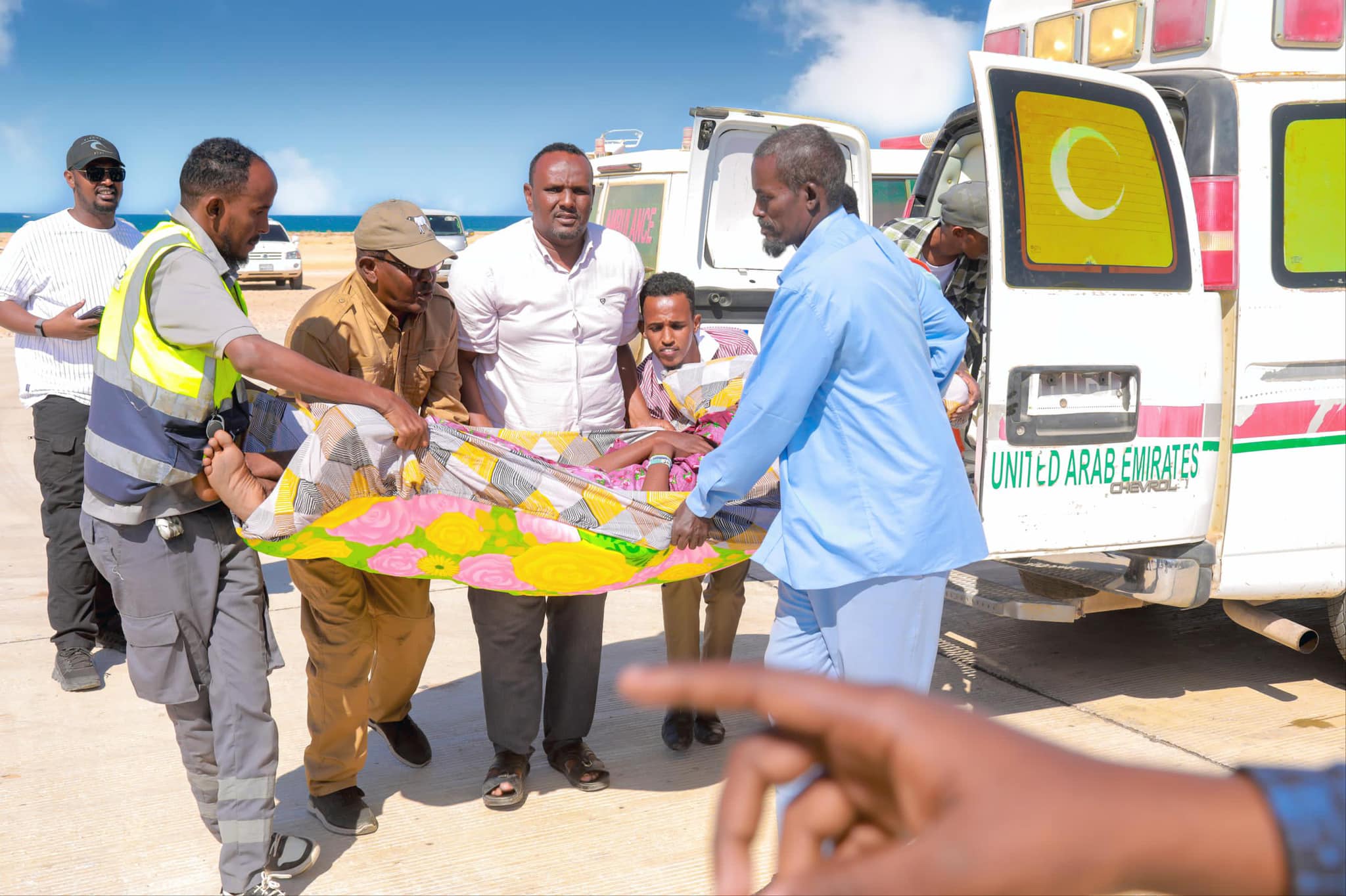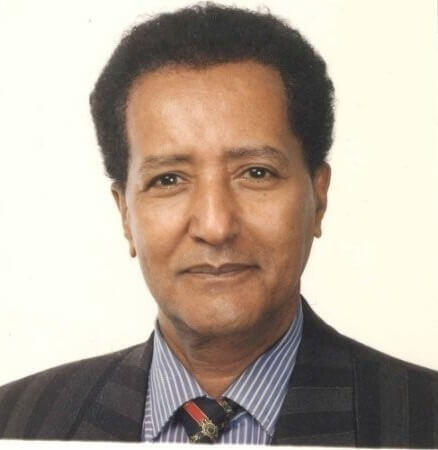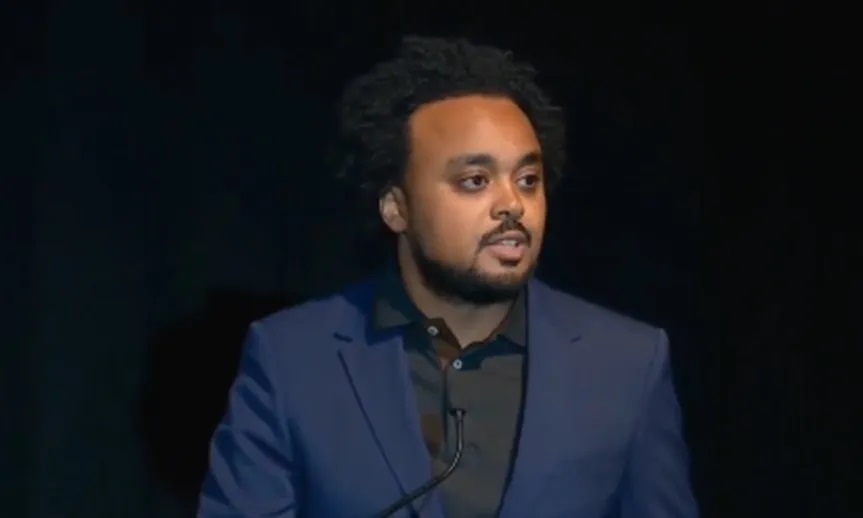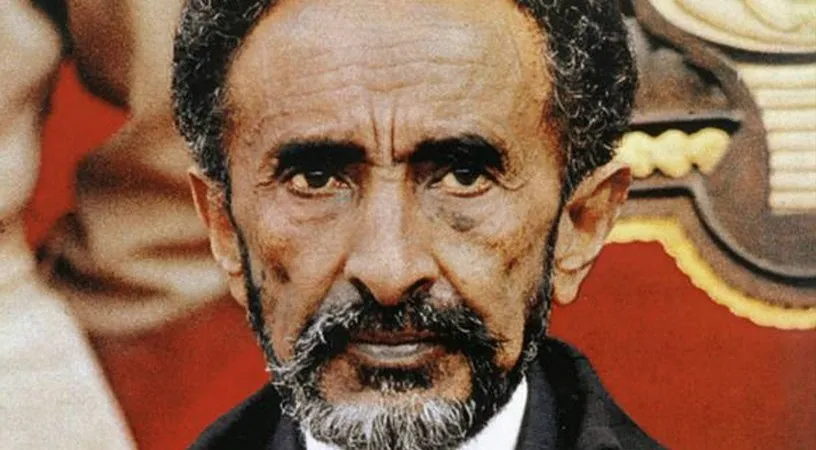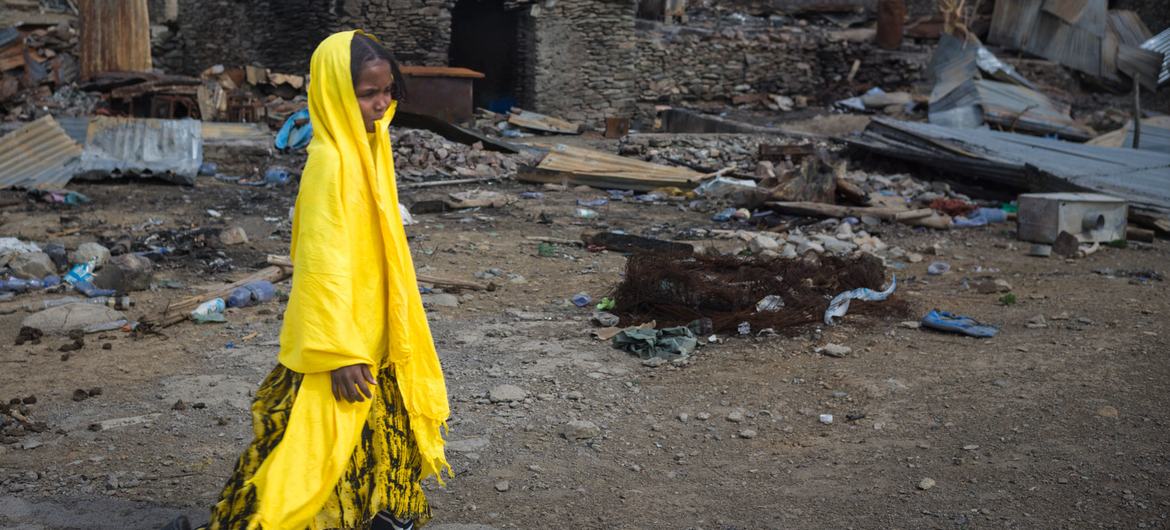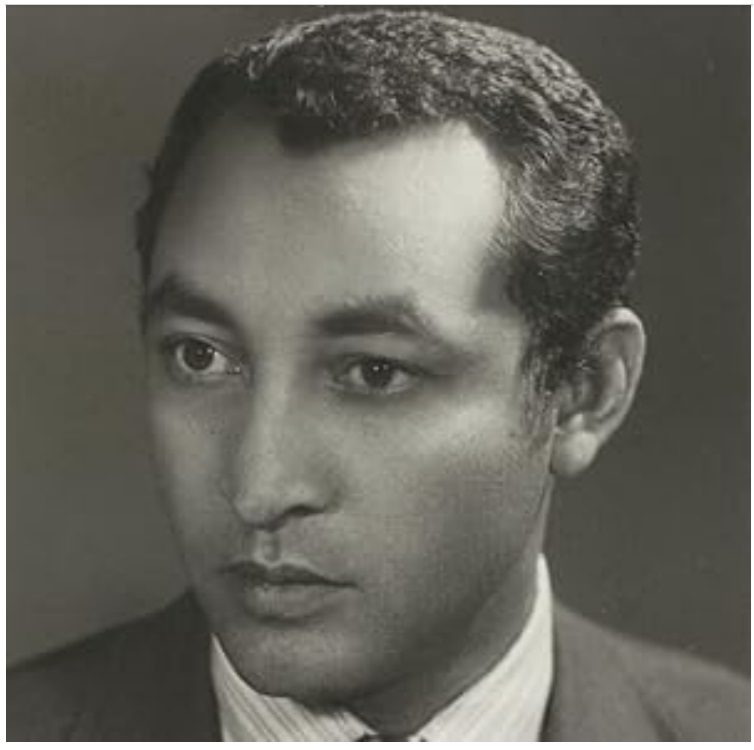Washington Update
Dec. 10, 2020
U.S. Senators Jim Risch (R-Idaho), chairman of the Senate Foreign Relations Committee, and Ben Cardin (D-Md.), ranking member of the Senate Foreign Relations subcommittee, have introduced a resolution “calling on the government of Ethiopia and the Tigray People’s Liberation Front to cease all hostilities, protect the human rights of all Ethiopians, and pursue a peaceful resolution of the conflict in the Tigray region of Ethiopia.”
The resolution says Ethiopia is the second most populous country in Africa and plays a key role in advancing security and stability across sub-Saharan Africa, including as a top contributor of uniformed personnel to United Nations peacekeeping missions;
The resolution attempts to avoid taking sides, but in describing the origins of the conflict as well as the atrocities that have been committed, it clearly identifies the TPLF as the aggressors and perpetrators of human rights abuses.
The resolution notes that the TPLF provoked the military confrontation when “in the early hours of November 4, 2020 [it] carried out an attack on the Northern Command of the Ethiopian National Defense Forces.”
Further, the resolution notes that the TPLF acknowledges that it fired missiles at two airports and rockets into Eritrea. It also describes how hundreds of “ethnic Amhara people were stabbed or hacked to death in the town of Mai-Kadra in
the Tigray region” in a criminal act that witnesses attributed to the TPLF.
The resolution describes the danger to Ethiopia, the region and the world of destabilization of Ethiopia, notes the antidemocratic actions of government of Ethiopia and calls on the U.S. government to promote a peaceful transition to democracy. To advance this goal, the resolution states that the U.S. should “end the pause of all non-life-sustaining assistance to Ethiopia and support programming to meet immediate humanitarian needs, including of refugees and internally displaced persons, advance nonviolent conflict resolution and reconciliation, and aid democratic transition in Ethiopia.
Ethiopia has been beset in recent years by multiple human rights and humanitarian challenges, including targeted ethnic violence, natural disasters, and political unrest, leading to the internal displacement of more than 1,800,000 Ethiopians in 2020 alone;
AND allow for, and cooperate with, independent and transparent investigations of any alleged human rights abuses committed in the course of the conflict and hold perpetrators to account.
The resolution also says respect and promote the rights of all people in Ethiopia to free expression, political participation, and due process without discrimination based on ethnicity or religion.
In addition, the resolution says the U.S. government should “consider imposing targeted sanctions on any political or military officials found responsible for violations of human rights carried out in the course of the conflict.”
Mesfin Mekonen


